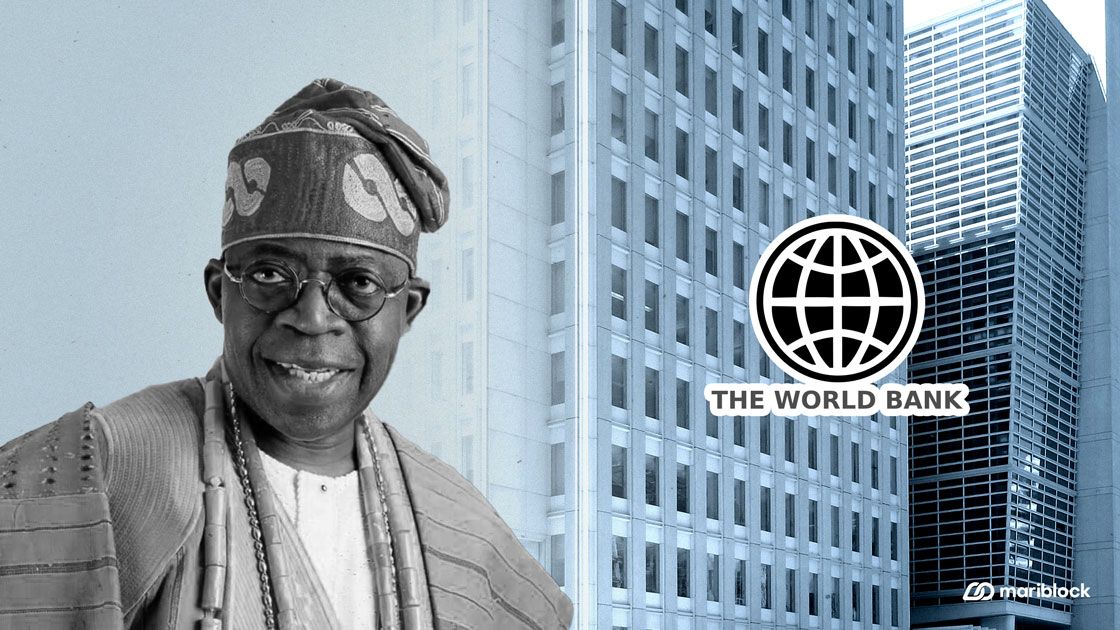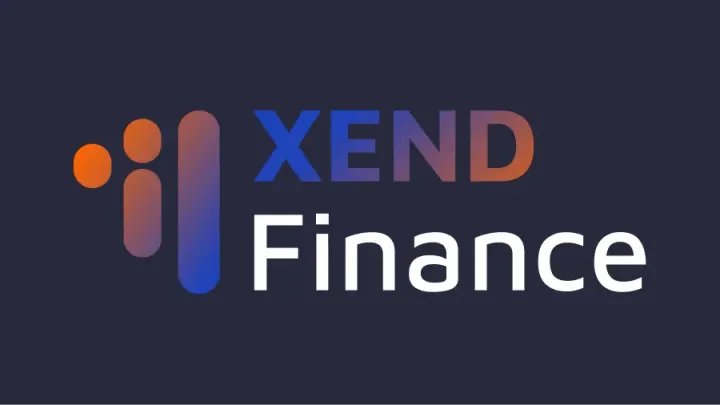Nigeria’s new economic reforms an opportunity to achieve growth — World Bank
However, the bank advised that measures must be put in place to protect low-income households.

Editor’s note: This story is part of Mariblock’s “State of Fiat” coverage. Digital assets such as bitcoin are seen as competitors to central bank money. Therefore, we consider informing our audience of the state of their local currencies worthwhile.
The World Bank has described the removal of petrol subsidy and the unification of exchange rates as crucial reforms implemented by the new Nigerian government. These policies are seen as an opportunity to improve the country's economic trajectory and foster growth.
The details
- In its latest report, the World Bank stated that the new government has recognized the need for a necessary course and has already started on it.
- It described the newly implemented petrol subsidy removal as the first step towards restoring macroeconomic stability and creating fiscal space.
- The removal of the subsidy alongside the implementation of a unified foreign exchange rate could result in fiscal gains of as much as ₦3.9 trillion in 2023 alone, according to the bank.
- However, the report stated that a temporary increase in inflation could arise particularly on petrol purchases, transport prices and power generation. Headline inflation was also projected to rise from 18.8% in 2022 to 25% in 2023 with poor and low-income households the most affected.
- The World Bank advised that the government implements compensatory cash transfers to shield vulnerable Nigerians from the immediate effects of these reforms. It advised that the government redistributes portions of fiscal savings from petrol subsidy to protect poor households and gain public trust.
Key quote
- The report read:
“The new government [of Nigeria] has recognized the need to chart a new course and has already made a start on critical reforms, such as the elimination of the petrol subsidy and reforms in the foreign exchange (FX) market. There is now scope for Nigeria to seize the opportunity of having a new government to lift its economic trajectory and achieve inclusive, sustainable growth, if it chooses to sustain these reforms while protecting the poor and vulnerable.”
Key background
- The new administration, which was sworn into office on May 29, announced on the same day that the 2023 budget of the country had no provisions for fuel subsidies beyond June. This effectively signaled the end of government subsidy on petrol and saw fuel prices more than double.
- The development was met with mixed reactions from stakeholders and the public. Trade and labor unions have opposed the move citing increased hardship on the average Nigerian.
- Two weeks later, the Central Bank of Nigeria took steps to unify foreign exchange rates by implementing a single exchange rate system through the bank's Importer and Exporter (I&E) window. As a result, the Naira was devalued by over one third.



